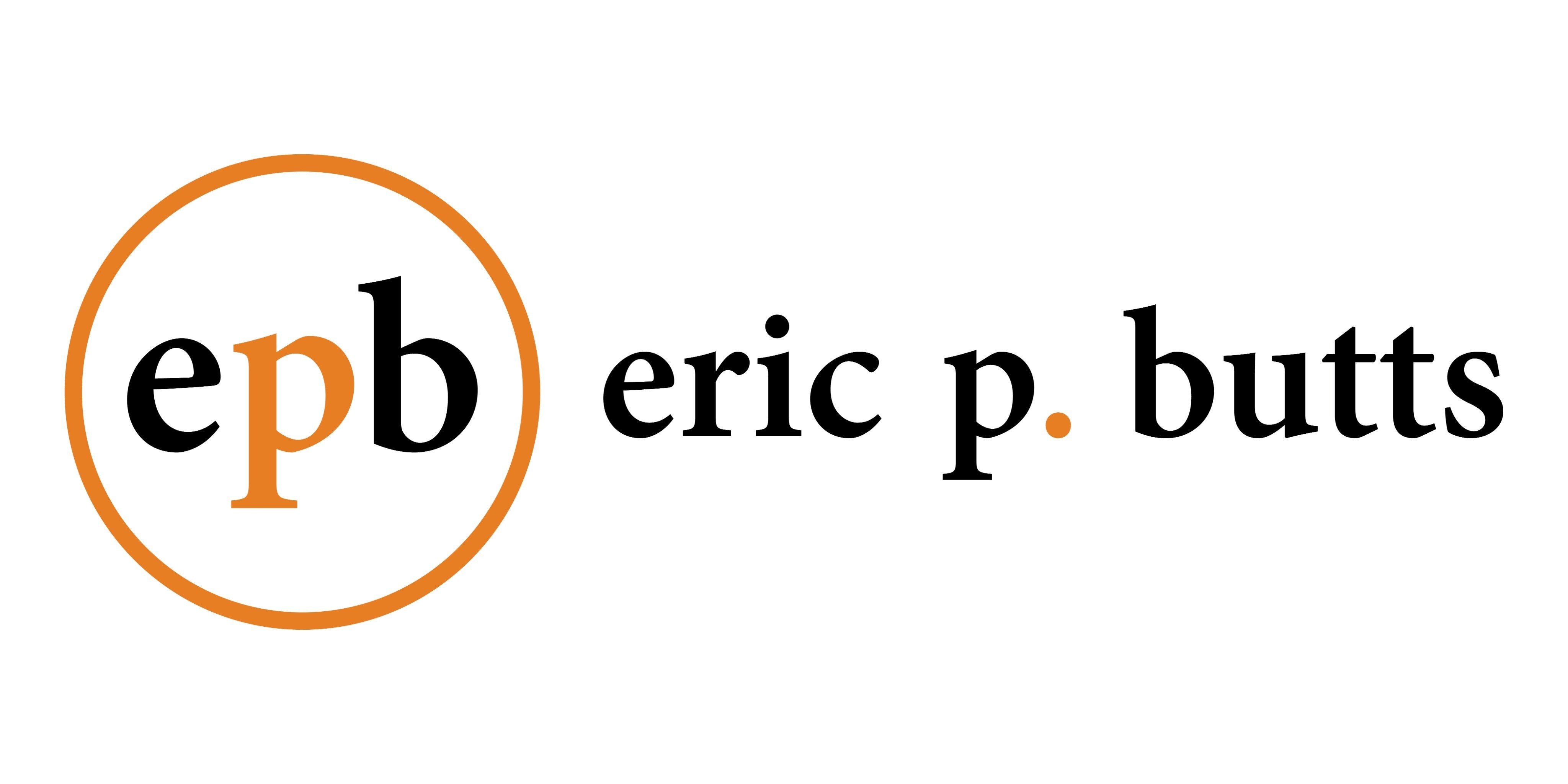Two things you need to stop doing that annoy your boss
If you work long enough, you will probably find yourself in a position where you realize you were doing something to annoy your boss.
The bad news is most people don’t receive constructive feedback until well after the point where they could have changed the outcome of their performance review. Even then, some managers may not want to deliver the tough message. This leads to disgruntled employees being fired, “counseled out”, or just straight up quitting.
As a quick aside to this point, part of the blame lies with the manager for not proactively giving real-time feedback but anyone who sits back and waits for feedback positions himself perfectly for a rude awakening when formal performance review time comes around. You have to act like the CEO of your own career, because that’s what you are.
To that point, you have to realize every interaction matters, especially those early on in a business relationship.
With businesses trying to tighten their proverbial belt buckles, personnel decisions need to happen quickly, and the initial vibe you give off to you boss will determine if you have a shot at long-term success, or at least maintaining a steady paycheck.
When you start a new job, you want to show how brilliant you are, right? So when people talk you just nod your head and smile because everything is peachy.
You want to prove you can hit the ground running and that good stuff. I completely get it.
The intent makes sense, but if you do this, you’re making a ginormous mistake. Why?
Because you end up wasting time nobody can afford to spare.
Have no fear, though, because I’m here to share two simple things you can stop doing that annoy the hell out of your boss (or clients) and instantly change your career trajectory.
1) Showing up to meetings and without taking notes
I could honestly write a separate post just on this. When your boss invites you to a meeting, no matter what level you are, you should always take notes, especially when you’re the most junior person in the room. I tell you this for two reasons.
First, you taking notes makes you look like you have a purpose In the meeting instead of being a high-paid gawker. Second, when you don’t take notes, you often come off like a cocky jackass, and people generally don’t have patience for that. If you’re the new person on the team and not writing feverishly to capture every word, you need to rethink your approach.
You ever have a server at a restaurant come back and ask you a question about your order because they didn’t write down what you said? Same thing. Highly annoying and completely unnecessary.
2) Waiting until a deliverable deadline to ask clarifying questions (or not asking them at all)
When you don’t ask questions up front and your vision ends up differing from your manager’s or your client’s, you look silly. And you have to rework everything you did in a short window of time. Do not act like you get the vision when you have questions. The downside of you revealing your cluelessness in this scenario far outweighs the slim chance of your brilliance shining because you absorb complex instructions like a sponge does water. In other words, it’s a risk not worth taking.
Address these two things and you’ll be ahead of the game.
